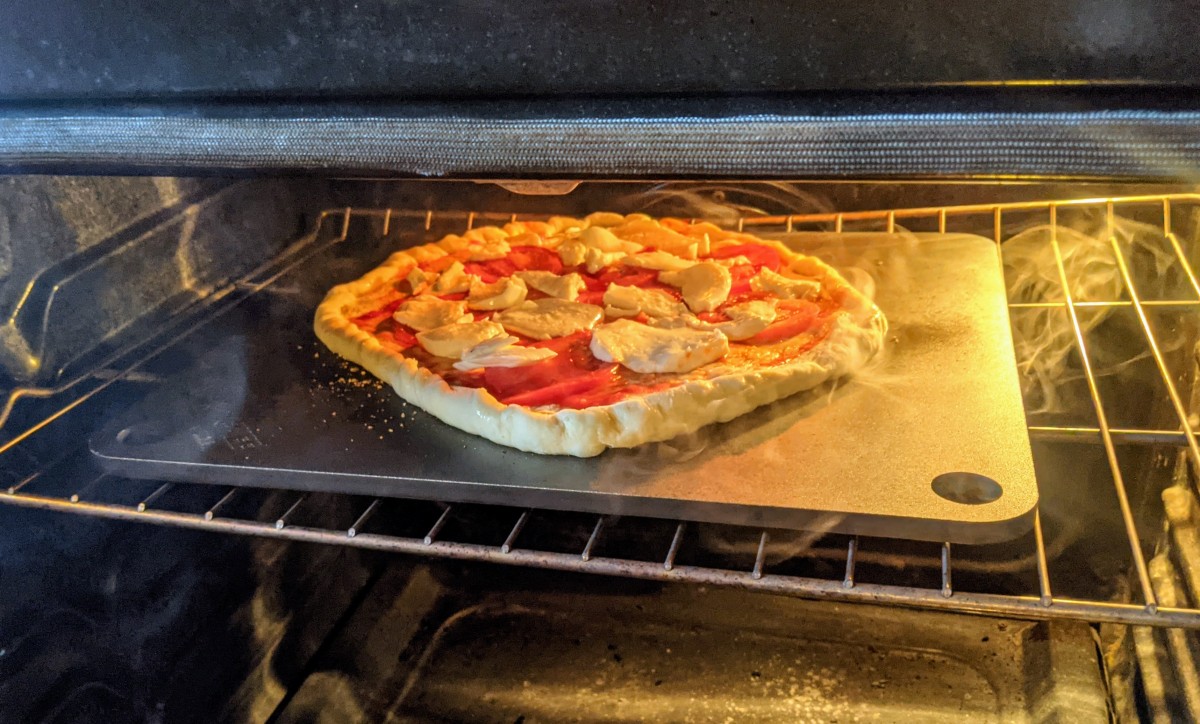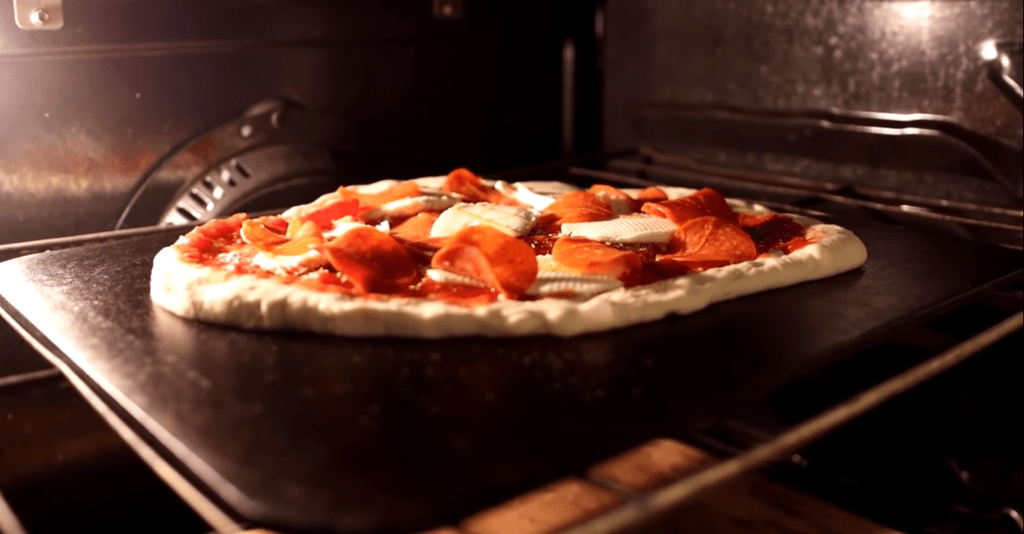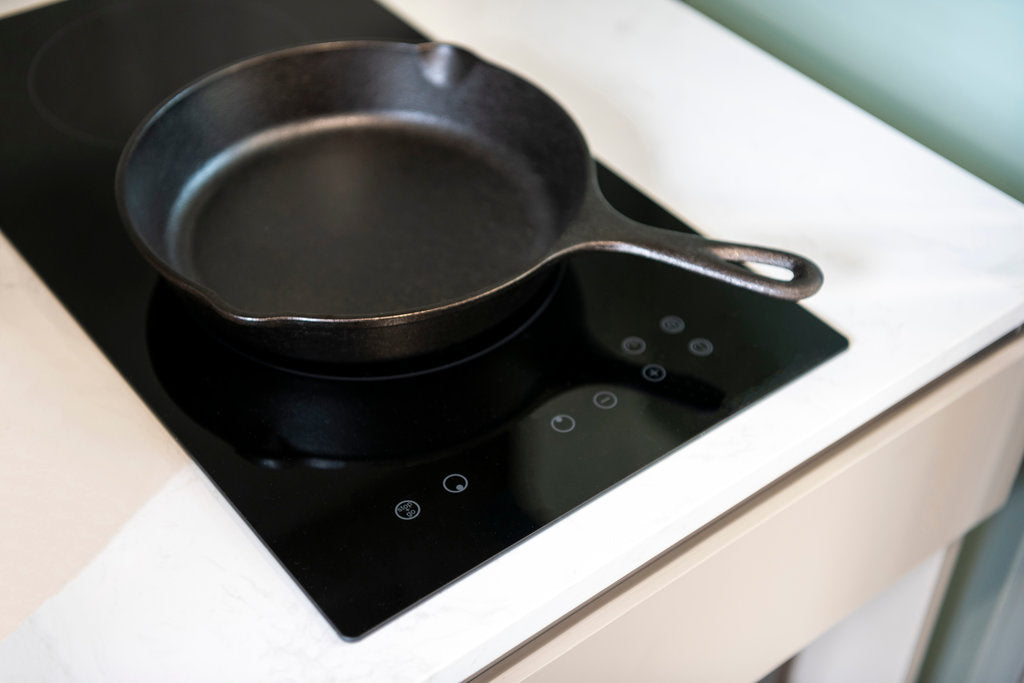For culinary professionals, baking stones, often called pizza stones, serve as an essential tool in achieving that perfect baked masterpiece. But what happens when your beloved baking stone cracks during use? It's a concern for many in the kitchen is a cracked baking stone safe, or does it usher in a multitude of risks?

The Anatomy of a Baking Stone
Before diving into the safety concerns, it's important to understand what a baking stone is made of. Most stones are crafted from ceramic, stone, or clay materials that are designed to endure high heat, offering even cooking surfaces for pizzas and breads. Over time, especially if not carefully managed, these stones can crack due to thermal shock or mishandling. Discover more about using a baking stone safely.
The Risks of Using a Cracked Baking Stone
Once cracked, the integrity of your baking stone is compromised. One primary concern is food safety. Cracks can harbor bacteria and food particles, making cleaning difficult and potentially leading to contamination. Moreover, using a cracked stone can sometimes result in uneven heat distribution, affecting the outcome of your dishes. Visit why baking stones crack to mitigate these risks.
Understanding Thermal Shock
Thermal shock occurs when a baking stone is subjected to sudden temperature changes. Rapid changes can cause the stone to crack, which many kitchen experts experience. Ensuring gradual temperature adjustments can prevent future cracks. For more tips on maintaining your baking stone, consider exploring how to avoid soggy pizza crust using your baking stone.
Alternatives and Solutions
While discarding a cracked baking stone might seem like the only solution, there are ways to continue using it with reduced risk. Consider using parchment paper while baking to prevent food direct contact. Additionally, you might use the cracked stone for less demanding tasks like roasting vegetables, as discussed in roasting techniques on a baking stone. Still, it might be effective to explore newer baking stones if your old one can't be salvaged.
Equipment Care for Culinary Longevity
For professionals invested in the art of cooking, caring for your equipment is paramount. Regular maintenance like gradual preheating and careful cleaning can prolong the life of your baking stone. Explore how to use a baking stone effectively for long-lasting utility.

FAQs
Can a cracked baking stone break during use?
Yes, a cracked stone can potentially break further, especially if it's subjected to high heat, producing uneven cooking results or possibly being a safety hazard.
How do I prevent my baking stone from cracking?
To prevent cracking, avoid sudden temperature changes. Allow the stone to heat and cool gradually, and avoid placing cold foods directly on a hot stone.
Can a cracked stone be repaired?
In most cases, repairing a cracked stone poses safety and practicality challenges. It's often better to replace the stone unless it can be used for less demanding purposes.
Understanding the safety and mechanics of a cracked baking stone is crucial for culinary professionals. By maintaining diligence, you can continue using this invaluable kitchen tool effectively, ensuring both safety and quality in your cooking.
This article contains affiliate links. We may earn a commission at no extra cost to you.






Leave a comment
This site is protected by hCaptcha and the hCaptcha Privacy Policy and Terms of Service apply.